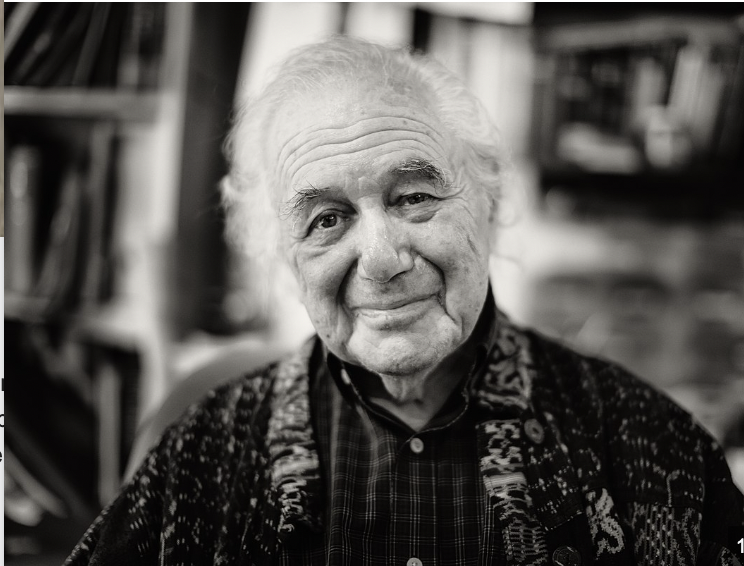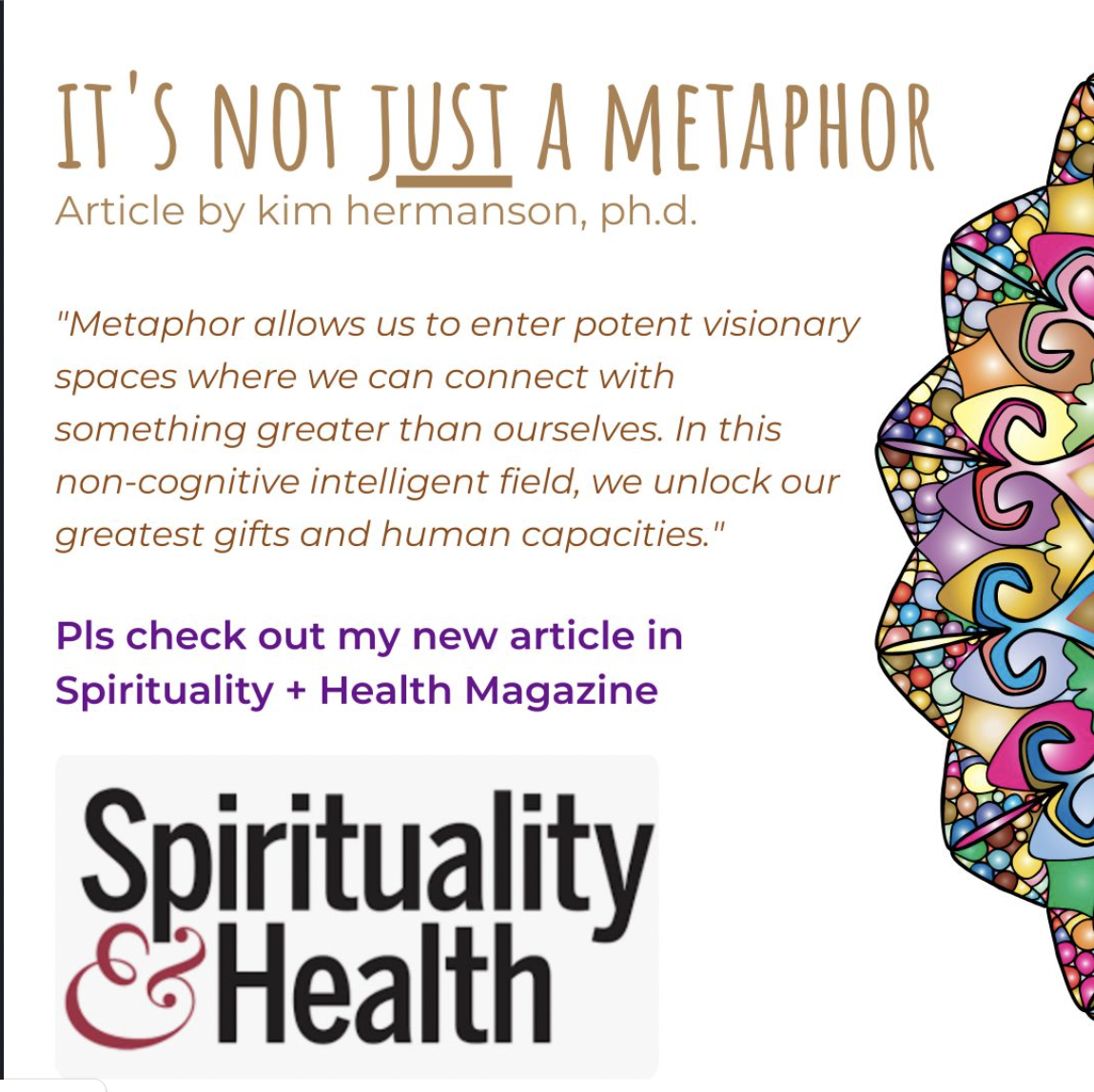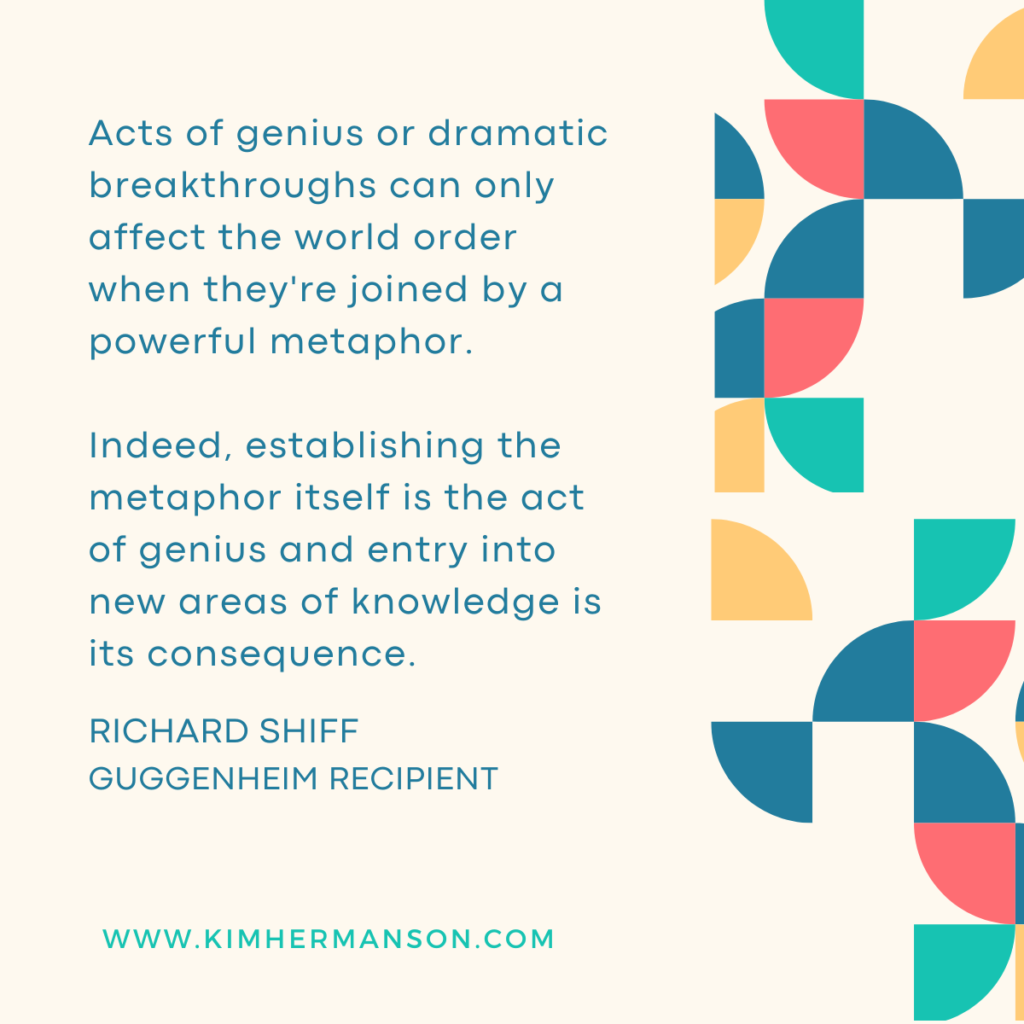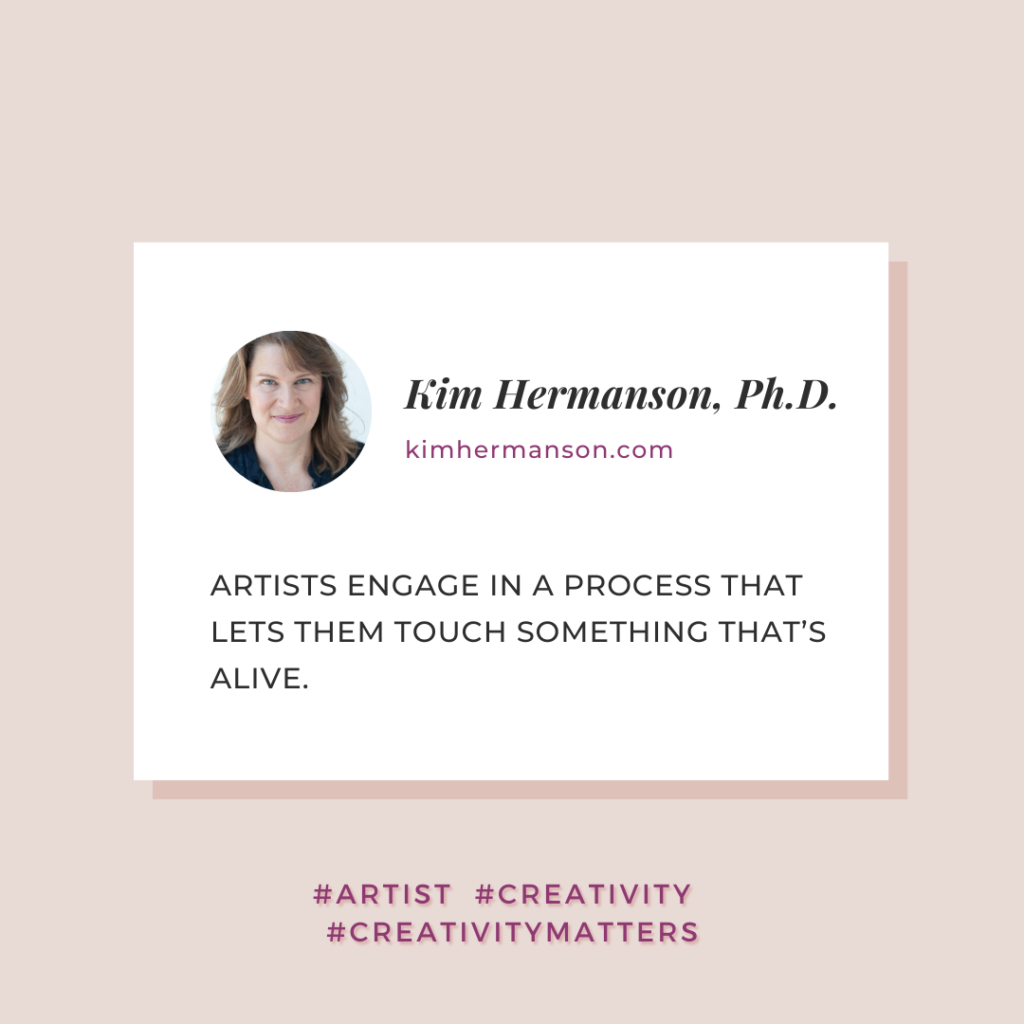 The brilliant philosopher Jacob Needleman passed away one year ago today.
The brilliant philosopher Jacob Needleman passed away one year ago today.
Needleman is the one who famously said, “We’re built to serve something greater than ourselves.”
In a letter to the president of the Fetzer Institute, Needleman wrote something else that has continued to inspire me throughout my career:
“I believe that the group is the art form of the future…In our present culture the main need is for a form that can enable human beings to share their perceptions…and through that sharing, to become a conduit for the appearance of spiritual intelligence.”
I love that.
And in an interview with The Sun Magazine (writer D. Patrick Miller at Fearless Books), Needleman spoke of his experiences with D.T. Suzuki in ‘stopping the mind.’:
MILLER: Suzuki was inducing in you the same experience that a Zen koan is meant to induce: stopping the mind.
NEEDLEMAN: Yes, because to stop the mind within such a context is to touch someone’s being, to touch his or her yearning, the essential need in the person for a relationship to something higher.
MILLER: So when Suzuki threw you back on the experience of your own being, you found yourself wordless.
NEEDLEMAN: Yes. At the point of encountering your own being, you either have to remain silent or start singing. If you’re going to talk about “being” in any meaningful way, you may have to use special language, perhaps mythic language. Myth, in this context, is not falsehood. It’s the language of the heart and mind together, and it surpasses our ordinary way of expressing ourselves. Nature often speaks to us in mythic language. We tend to paper over nature with scientific language and think we’ve fully described it, but to look at nature only in that way is to muzzle it.
NEEDLEMAN: Suzuki was not going to give me an intellectual answer; he meant to put me in a questioning state so that I could experience something about the self — what it isn’t, what it could be, and so on. As Kierkegaard said, direct communication between people is not real communication. Real communication is indirect: it allows one to experience something rather than intellectually understand it.
Bless his brilliant work.
 “Most of us typically associate metaphor with the flowery language that poets use or with things that are made up: ‘That’s just a metaphor.’ In other words, we typically treat metaphors as outside of ourselves, when in fact they are the deep, sensory, intuitive language of the feeling center of our brain. To say that metaphor is “the sea we swim in” is not so much a metaphor as an observation of reality.
“Most of us typically associate metaphor with the flowery language that poets use or with things that are made up: ‘That’s just a metaphor.’ In other words, we typically treat metaphors as outside of ourselves, when in fact they are the deep, sensory, intuitive language of the feeling center of our brain. To say that metaphor is “the sea we swim in” is not so much a metaphor as an observation of reality.

